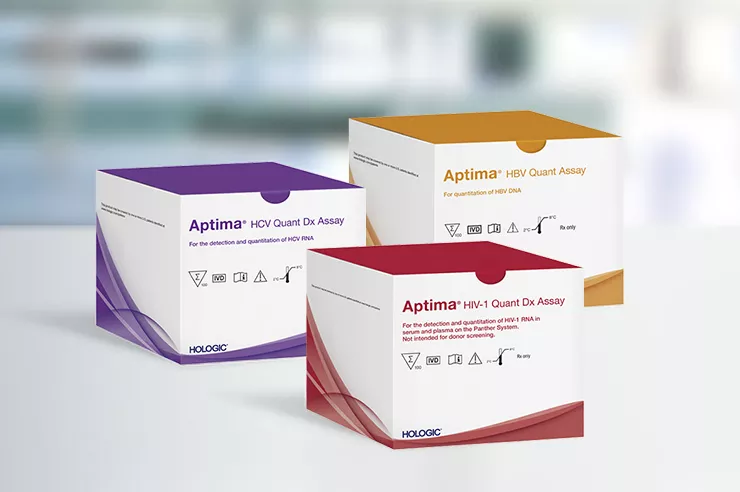Breaking the Silence: Confronting the Reality of HIV Stigma

In the quiet corners of our society, a silent battle rages on—one that affects millions of lives but remains shrouded in stigma. HIV, once synonymous with fear and ignorance, still casts its shadow over those living with the virus. But we have the power to change that narrative. By speaking up, educating ourselves, and embracing compassion, we can dismantle the walls of stigma and pave the way for a more inclusive future.
A Historical Burden
Forty years have passed since the first whispers of a mysterious illness began haunting our collective consciousness. Back then, headlines screamed about a “gay disease,” perpetuating fear and discrimination. But today, HIV affects people of all backgrounds, orientations, and walks of life. It’s time to update our knowledge and challenge the misconceptions that persist.
The Faces Behind the Numbers
HIV stigma isn’t just a statistic; it’s etched into the lives of real people. Imagine the weight carried by those who fear judgment, rejection, or isolation because of their status. They internalize the stigma, leading to shame, secrecy, and mental health challenges. We must recognize that these individuals are our friends, family, and neighbors—worthy of love, respect, and understanding.
As of 2019, 48 countries still maintain travel restrictions for people living with HIV.2
The Power of Conversation
On July 21, we observe Zero HIV Stigma Day —a day to raise awareness and ignite conversations. It’s a call to action, urging us to break free from the chains of silence. By sharing stories, dispelling myths, and standing in solidarity, we can chip away at the stigma isolating many.
Talking Openly
Let’s normalize discussions about HIV. When we talk openly, we demystify the virus, correct misconceptions, and replace fear with knowledge. So, gather your friends, sit down with your family, and let’s converse. Remember, our words have the power to heal, educate, and transform.
Taking Action - Get Tested
HIV doesn’t always announce its presence with symptoms. People can appear healthy yet carry the virus unknowingly. The only way to know is to get tested. Regular testing empowers us with knowledge—the knowledge needed to protect ourselves and our partners.
Prevention Is Key
Pre-exposure prophylaxis (PrEP) is a game-changer. When taken as prescribed, PrEP significantly reduces the risk of HIV transmission, up to 99%.3
Conclusion
In 2024, let’s be the generation that dismantles HIV stigma. Let’s replace judgment with empathy, fear with understanding, and silence with conversation. Together, we can create a world where no one feels alone, where compassion triumphs over prejudice. It starts with you, me, and the power of our voices.
For more information and personal stories, visit PositiveSpin. Let’s rewrite the narrative—one word, one conversation at a time.


